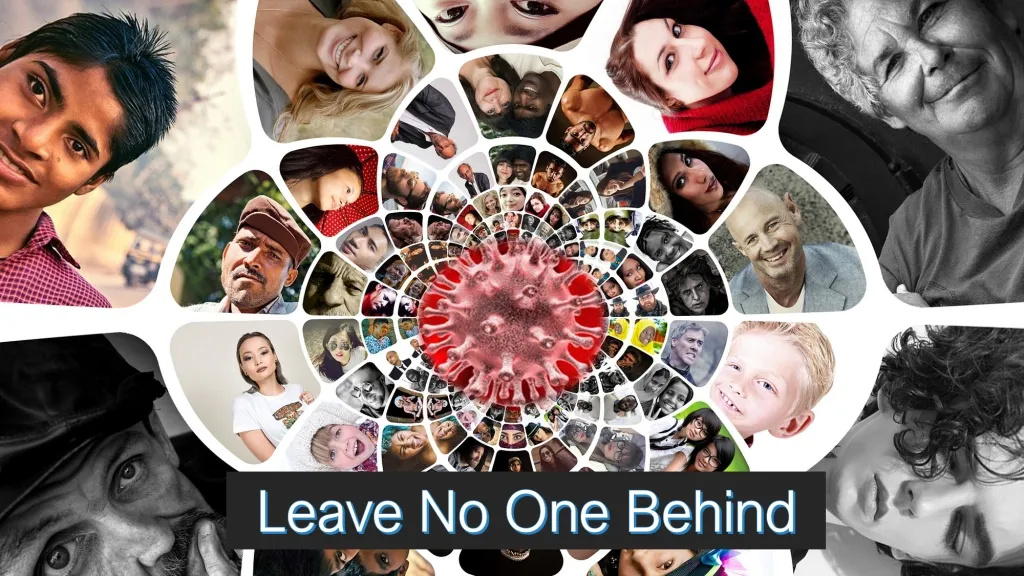Leave No One Behind

There are many federal civil rights laws and executive orders that forbid discrimination on the basis of race, color, national origin (ethnicity), sex, disability, and age. Some federal laws have been interpreted to prohibit discrimination on the basis of LGBTQ+ status.
Executive orders require nondiscrimination on the basis of limited English proficiency (speaking a native or home language other than English), and providing services to such communities. Another executive order addresses the need to consider environmental justice (the confluence of civil rights and environmental impacts on people of color and low-income communities). Yet other executive orders require consultation with tribes, and respect for sacred sites. Some statutes and the Constitution require respect for various religions and religious practices.
Many disability community advocates are worried that triage and rationing plans because of the lack of ventilators will lead to higher rates of death of people with disabilities, who are sometimes considered by nondisabled people to have a lower quality of life.
In national crises, the needs of vulnerable and marginalized people are often jettisoned. In the recession of 2008 to 2012, African-American families lost a great deal of their family wealth because of home foreclosures and predatory lending. One study indicated that it may take 100 years for these families to recover.
A giant stimulus bill was passed by Congress, the American Recovery and Readjustment Act (ARRA). The US Department of Justice issued guidance to remind everyone that the federal civil rights laws and executive orders still applied. This reminder was necessary because the Patriot Act passed after 9/11 contained language stating that its provisions were “regardless of any other statute.” Unfortunately, this language was interpreted by some federal agencies to mean they did not have to follow federal civil rights laws, which required nondiscrimination, equal employment opportunity, and affirmative action.
Today, similar guidance should be issued by the Department of Justice in regard to the three (and with a fourth probably coming) stimulus or bailout bills passed by Congress and signed by the President to help get the nation out of the recession and impending depression caused by the pandemic. This guidance should make clear that all nondiscrimination laws must be followed, including those that cover race, color, national origin, disability, religion, and age. Already, some federal agencies have been shortcutting civil rights requirements. These include the Office of Federal Contract Compliance Programs of the Department of Labor, which has granted a waiver to affirmative action requirements for federal contractors.
We also need more data collection for race and ethnicity of people tested, patients admitted, and deaths because the corona virus. Outreach needs to be provided to communities of color, low-income communities, people with disabilities, and people who are limited English proficient. Cuts in public transit have adversely affected people with disabilities who do not drive. Women are being hurt by states that call women’s health clinics not an essential service to remain open. Police and prosecutors need to be alert and sensitive to hate crimes against Asian-Americans.
Differences in wealth and income should not buy better health care. And of course our national leadership should stop calling the pandemic the “China virus” and be clear that all people in the US must be treated fairly and decently. It’s hard to write this with any hope. Failing that, state, city, and county leaders should be clear about the need to respect all people in the United States. This is a time to make sure we leave no one behind. It will take a long time for the economy to recover, but we should not go into a moral and ethical hole from which we may never dig our way out.
Marc Brenman is the former executive director, Washington State Human Rights Commission and former senior policy advisor for Civil Rights US Dept of Transportation
Marc Brenman is the former executive director, Washington State Human Rights Commission and former senior policy advisor for Civil Rights US Department of Transportation
